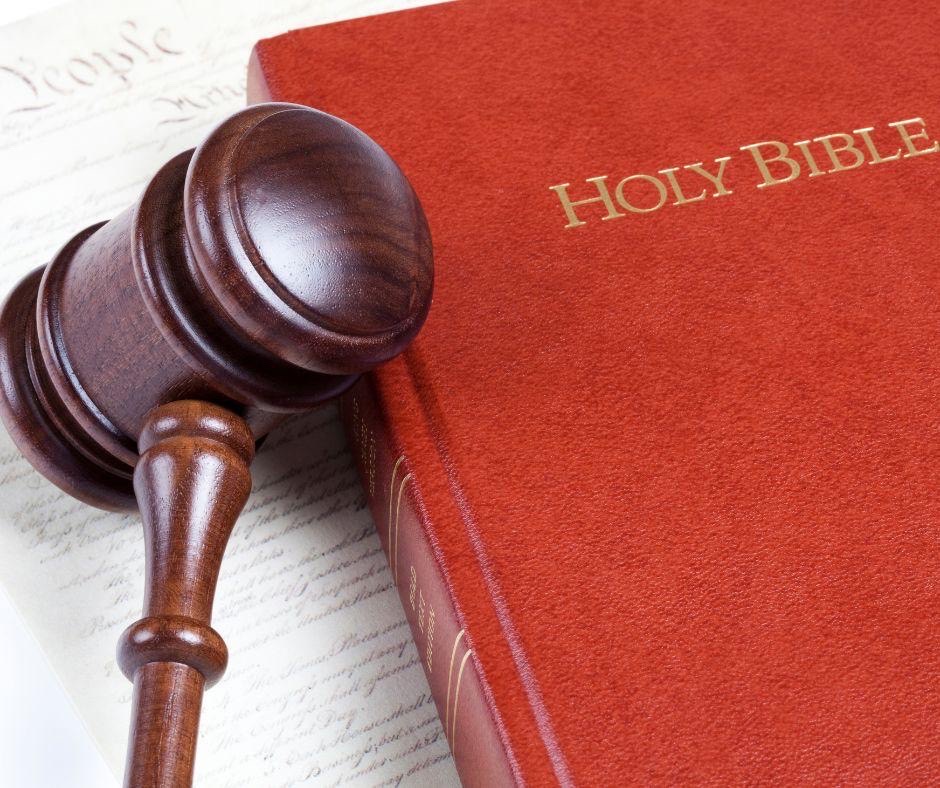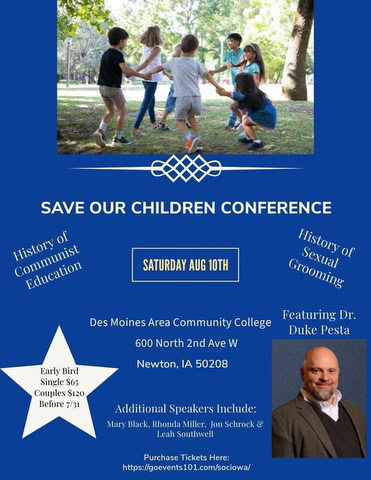The U.S. Fifth Circuit Court of Appeals held that a Christian-owned business is exempt from federal discrimination law and can choose whether or not to hire or keep employees based on their sexual orientation and gender in accordance with the company’s deeply held religious beliefs.
A three-judge panel ruled unanimously in Braidwood Management v. EEOC that the Religious Freedom Restoration Act (RFRA) of 1993 protects not just a church, but a private entity from violating their religious beliefs by having to employ someone who does not share the same beliefs or whose conduct does not align with the company’s views. The RFRA prevents the federal government from enforcing otherwise neutral laws that burden a person’s free exercise of religion. In this case, the RFRA protects a Christian business from having to employ homosexual or gender-dysphoric employees who are incompatible with the company’s biblical views on sexuality and marriage.
Texas-based employer Braidwood Management Inc., operates under Christian beliefs and doctrine, which includes “marriage is between one man and one woman.” The company, which will not hire people engaged in behavior that is “sexually immoral or gender non-conforming,” brought the case against the U.S. Equal Employment Opportunity Commission (EEOC). The EEOC claims that bias against LGBT workers is a form of unlawful sex discrimination under Title VII of the Civil Rights Act of 1964. After the U.S. Supreme Court in Bostock v. Clayton County ruled in such manner, the EEOC updated its enforcement policies where employers can be sued for LGBT discrimination. In June 2020, SCOTUS heard the Bostock case which combined several lawsuits, including a case where a homosexual man was fired from a county job after inquiring about starting an LGBT softball league at work, and a case where a funeral home employee was fired after dressing as a different gender. The High Court ruled that “An employer who fires an individual merely for being gay or transgender violates Title VII.”
However, Justice Neil Gorsuch wrote in Bostock’s majority opinion that employers who have religious objections to employing LGBT people could possibly raise those claims in their specific cases. Therefore, Braidwood sought a court ordered exemption under the RFRA shielding it from any EEOC enforcement that would prevent it from operating their businesses according to its biblical views.
In granting that exemption, the Appeals Court stated that the RFRA “requires that Braidwood, on an individual level, be exempted from Title VII because compliance with Title VII post-Bostock would substantially burden its ability to operate per its religious beliefs about homosexual and transgender conduct.”
The Court noted, “Braidwood maintains that it has sincere and deeply held religious beliefs that heterosexual marriage is the only form of marriage sanctioned by God, pre-marital sex is wrong, and ‘men and women are to dress and behave in accordance with distinct and God-ordained, biological sexual identity.’ To that end, the EEOC guidance almost assuredly burdens the exercise of Braidwood’s religious practice.”
The Court’s opinion acknowledged that Title VII put Braidwood between “two untenable alternatives.” The alternatives were either violate the law and obey their convictions or obey the law and violate their convictions.
“We see no reason why that formulation is incorrect,” stated the Court. “Being forced to employ someone to represent the company who behaves in a manner directly violative of the company’s convictions is a substantial burden and inhibits the practice of Braidwood’s beliefs…That is precisely what RFRA is designed to prevent.”
While Braidwood requested class-action status in the case on behalf of other religious businesses, the judges denied that request because the court could not “determine whether the employers’ codes of conduct are similar enough in practice to Braidwood’s that their lawfulness can be resolved “in one stroke.” The ruling means that the exemption only applies directly to Braidwood.
Liberty Counsel Founder and Chairman Mat Staver said, “The unanimous decision from the Fifth Circuit Court of Appeals is a tremendous victory for religious freedom. America was founded on religious principles, and they are not just set aside during business hours. Businesses must remain a free space for employers to operate in a manner consistent with their faith and convictions. This ruling confirms the broad protection the law gives religious businesses to employ people with aligned beliefs and conduct.”
















